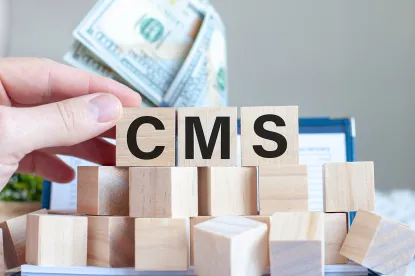There have been few silver linings to the COVID-19 pandemic, but one of those few is the fact that the federal government prohibited states from terminating any Medicaid beneficiaries during the public health emergency. This has allowed hundreds of thousands of Medicaid beneficiaries in our tri-state area to continue to receive Medicaid benefits despite being technically ineligible. However, as the proverb goes, all good things must end. So, at the end of last year, Congress, in its omnibus spending bill, directed the states to resume regular Medicaid eligibility and redetermination processes beginning April 1, 2023.
Obviously, it will be an arduous and time-consuming process for the state Medicaid agencies to address the huge backlog of redeterminations. The states have begun to lay out their plans. New Jersey has indicated it will begin with cases that have been flagged as over-resourced. This includes Medicaid beneficiaries who received a large inheritance, sold a home, or otherwise now have funds that are above the resource threshold. Medicaid will ultimately also assess individuals who are over-income thresholds and have more technical issues such as failure to comply with proper QIT usage. Terminations from Medicaid can begin as early as May 1, 2023.
This means beneficiaries must plan now to fix any issues with their eligibility to prepare for reassessments that will start in April. Beneficiaries may need to spend down assets, place them into a Medicaid complaint trust such as a first party special needs trust, or convert liquid assets into an exempt one such as a house or car. Some beneficiaries may have other asset protection strategies available to them and should consult a knowledgeable elder law attorney to discuss options. Individuals who are over the income threshold for one Medicaid program may be eligible for other Medicaid programs, or they may need to find other options for health coverage. All beneficiaries should review their eligibility and their compliance with QIT (qualified income trust) or SNT (special needs trust) rules. Beneficiaries should also ensure that their addresses are up to date with Medicaid and respond timely to all correspondence from the agency. One common error I see is forgetting the personal needs account. The beneficiary’s personal needs account and regular checking account must, together, total less than $2,000. This has been a once in a lifetime opportunity to fix mistakes, but it must be completed over the next few months before your redetermination rolls around. The federal government estimates that as many as 15 million people nationally will lose Medicaid, including 6.8 million who are, in fact, eligible. Therefore, it is important to seek guidance on how to retain eligibility, as well as to understand other coverage options.
One of the biggest fears of both beneficiaries and practitioners is that many individuals will face Medicaid claims for the period when they received benefits inappropriately. The federal government has spoken clearly on this subject and prohibits states from seeking recovery for benefits received during the public health emergency by beneficiaries who did not meet eligibility. The state of New Jersey has recognized and adopted this position in several administrative law cases. This is a major victory, as normally the state can retroactively seek recovery for inappropriately paid benefits once discovered. Therefore, there is no disincentive to coming forward and taking action to address whatever is causing ineligibility. The time is now.




 />i
/>i

